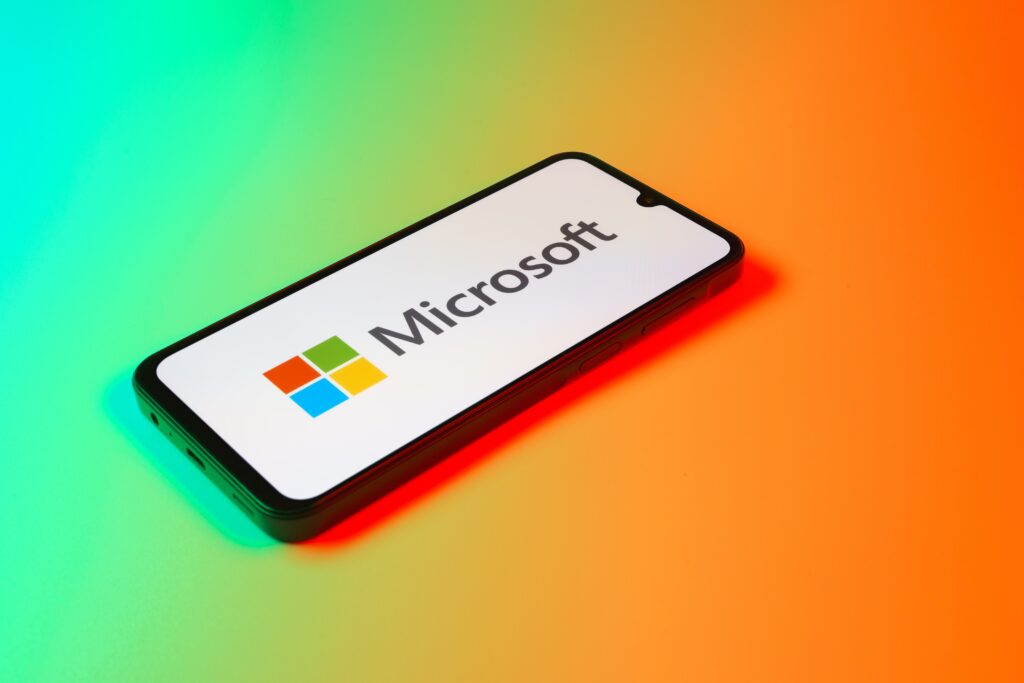Microsoft has launched a new AI feature called Copilot+ Recall that takes screen snapshots every few seconds on user devices. This tool is currently available in preview mode for select users testing new AI-powered Microsoft laptops. While Microsoft says Recall helps users remember past activity, privacy experts are raising concerns. The feature comes after a paused rollout in 2024 due to backlash. Now, it returns with an opt-in model and local-only data storage. The tool is expected to launch globally, but EU users will have to wait until late 2025.
What Is Copilot+ Recall and How It Works
Copilot+ Recall is designed to track on-screen activity. It stores snapshots that help users find images, text, or sites they looked at earlier. These snapshots let people search for files, messages, or websites viewed days or even weeks ago.
To use Recall, users must turn the feature on. Microsoft says users can stop the snapshots at any time. Snapshots stay on the device and are not shared with Microsoft or others.
Microsoft Frames Recall as a Helpful Memory Tool
Microsoft describes Recall as a way to support productivity. For example, if a user wants to find a product they saw online days earlier, Recall helps locate that screen with a few clicks.
The tool works in the background. It quietly takes images of the screen every few seconds, building a searchable history of device activity. These screenshots are stored on the user’s laptop and are not uploaded to the cloud.
According to Microsoft, only verified users can open or search the snapshots. Private browsing sessions are excluded, and users can pick which apps Recall is allowed to monitor.
Experts Raise Red Flags Over Privacy
Privacy expert Dr. Kris Shrishak has raised fresh concerns. While he says the opt-in model is a step forward, he warns the tool still captures content from people who didn’t give consent.
Apps like WhatsApp or Signal could be affected. If someone sends a private message, that message might end up stored on someone else’s device via Recall—even if it was supposed to disappear.
Shrishak said, “This is like saving disappearing messages forever, even when the other person never agreed.”
He also warned that if a hacker gains access to a laptop, they might be able to view the stored screenshots. These images could include private conversations, banking information, or work data.
Microsoft Responds to Data Security Concerns
Microsoft says it is taking privacy seriously. The company states that Recall saves snapshots only on the user’s device. Nothing is uploaded or shared with Microsoft or other parties.
In addition, users must verify their identity to turn Recall on or to see saved snapshots. The tool does not capture content in private browsing mode, and users can delete any or all screenshots manually.
Users also have the power to select which apps can be recorded. If a user blocks Recall from an app, it won’t store anything from that source.
Regulators Take Notice of Microsoft’s New Feature
The UK’s Information Commissioner’s Office (ICO) is reviewing the tool. The agency has contacted Microsoft to ensure that Recall respects users’ privacy rights.
A spokesperson from the ICO said, “We are aware of the feature and are making inquiries. It is important that companies are transparent with users and comply with data laws.”
The ICO also made it clear that no product receives automatic approval. All tech firms must prove they follow legal rules and protect personal information.
Regulators warned that if Microsoft or other companies break data rules, they will take action to protect users.
Microsoft plans to roll out Copilot+ Recall globally later this year. However, users in the European Union will have to wait until late 2025. This delay is likely linked to strict EU data laws.
While Recall may improve digital productivity, concerns remain about data collection and consent. Privacy advocates continue to monitor how such features are tested and deployed.
